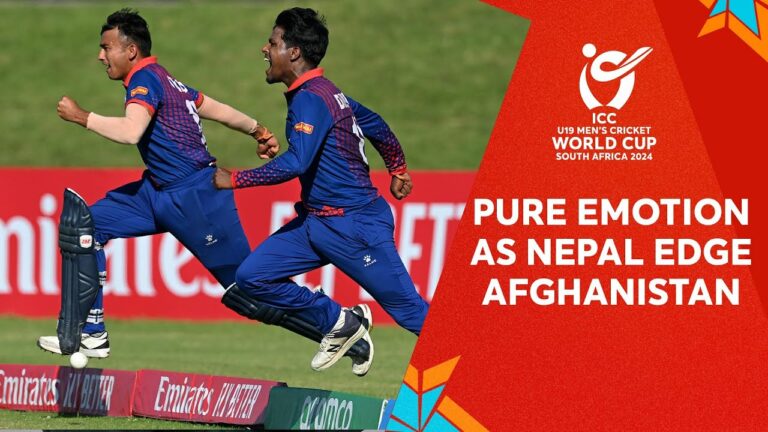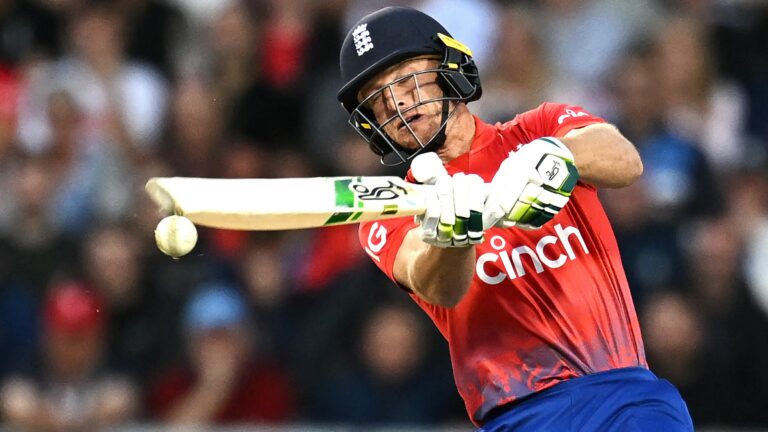How Cricket Teams Develop Leadership Skills
Online Cricket ID, 11xplay: Building effective leadership within cricket teams is key to achieving success on the field. Through leadership development programs and strategies, players can enhance their individual and collective leadership skills. This involves fostering confidence, decision-making abilities, and communication skills amongst team members to create a cohesive and motivated unit.
Leadership development in cricket teams also focuses on nurturing a culture of accountability and responsibility. By empowering players to take ownership of their roles and contributions to the team, a sense of unity and purpose is established. This can lead to improved performance, better coordination on the field, and a stronger sense of camaraderie amongst team members.
Definition of Leadership in Cricket
In the realm of cricket, leadership conveys the ability to guide, motivate, and inspire one’s team towards a common goal. A cricket leader must possess exemplary communication skills, strategic acumen, and the capacity to remain composed under pressure. Beyond tactical proficiency, a leader in cricket embodies characteristics such as resilience, integrity, and a relentless pursuit of excellence.
Leadership in cricket transcends beyond merely directing play on the field; it extends to fostering a culture of camaraderie, discipline, and mutual respect within the team. A cricket leader serves as a unifying force, rallying players together, regardless of individual differences, towards collective success. Ultimately, leadership in cricket hinges on not only achieving victories but also instilling a sense of pride, camaraderie, and purpose among team members.
Role of the Captain in a Cricket Team
The role of the captain in a cricket team is paramount in shaping the team’s performance on and off the field. The captain is not just a player but also a leader who is responsible for making critical decisions during matches. Their strategic acumen and ability to stay composed under pressure are vital in guiding the team towards victory.
Furthermore, the captain plays a crucial role in fostering team spirit and unity. They are the go-to person for providing motivation and encouragement to the players, especially during challenging times. The captain’s leadership qualities set the tone for the entire team and inspire others to give their best on the field.






